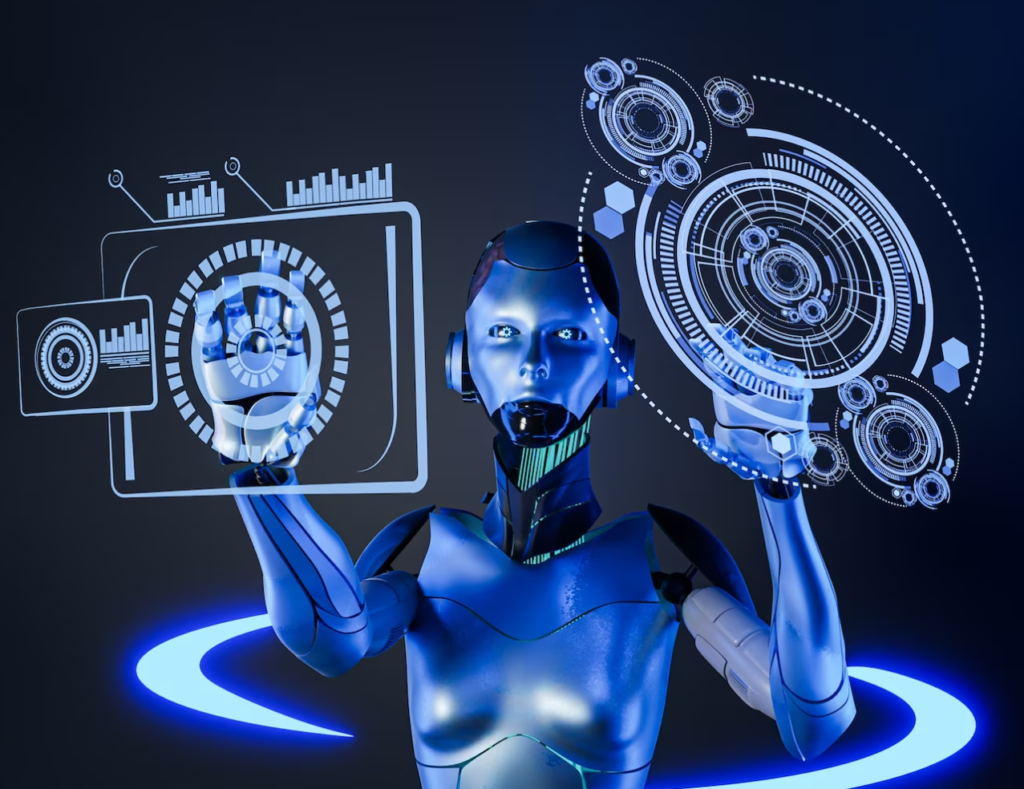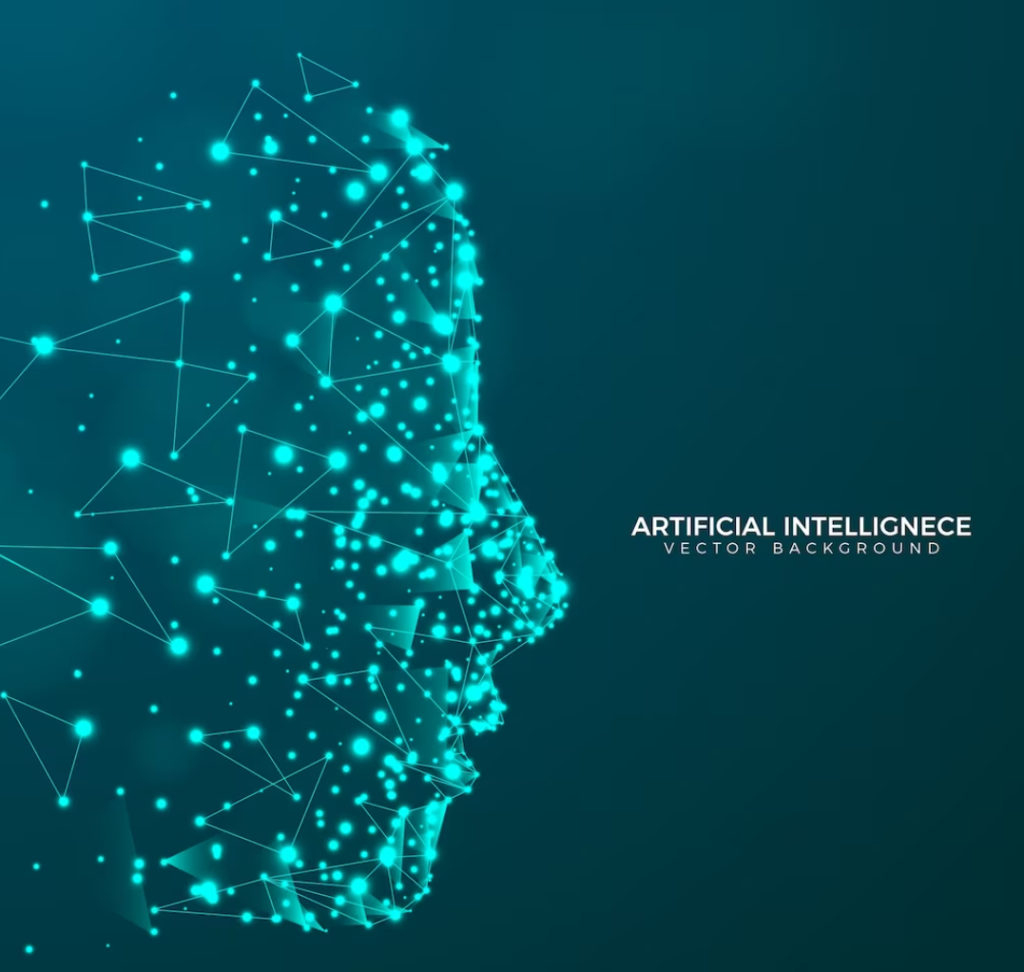Table of Contents
Introduction
In an era of rapid technological growth, the worry that AI will replace you in the workforce is a common one. It’s important to investigate the prospective influence on the workforce and comprehend how individuals can adjust to these changes as automation and AI continue to disrupt industries.
The Landscape of Automation

Embracing Efficiency Through Artificial intelligence
The ability of artificial intelligence to expedite processes that used to take people a long time to complete is astounding. AI-powered automation has the potential to greatly improve productivity across a range of industries, from manufacturing to customer service.
The Myth of Complete Replacement
Although AI can automate some processes, the notion that technology would entirely replace human jobs is frequently overstated. Complex decision-making, mental agility, and creativity are traits that are difficult for AI to mimic in many positions.
Adapting to the AI Revolution
Reskilling and Upskilling
Re-skilling and up-skilling are essential techniques to stay current in the labor market as sectors change. Developing new abilities that work in conjunction with artificial intelligence (AI) can increase job security and create new opportunities.
Human-AI Collaboration

Adopting AI as a collaborator rather than seeing it as a threat can result in creative ideas. When humans and AI work together, productivity can be increased and new roles that take advantage of both parties’ capabilities can be developed.
The Evolution of Job Roles
Redefining Roles in Healthcare
AI is transforming healthcare by assisting with patient care, treatment planning, and diagnostics. Medical personnel are necessary for making key decisions and empathic patient contacts, even when mundane jobs may be automated.
Transforming Customer Service
Artificial intelligence-powered chatbots and virtual assistants are revolutionizing customer service. However, when it comes to managing complex queries, offering individualized support, and developing client relationships, human agents are indispensable.
The Importance of Soft Skills
The Uniqueness of Emotional Intelligence
Human nature is strongly influenced by soft talents such as mental agility, empathy, and creativity. These characteristics are essential in fields requiring a human touch, such as counseling, education, and the arts.
AI Enhancing rather than Replacing
artificial intelligence (AI) can improve soft skills by offering analysis and data-driven suggestions. Artificial intelligence (AI), for instance, can be used to evaluate consumer attitudes and direct customer service employees in developing sympathetic responses.
The Road Ahead: Shaping AI’s Impact

Ethical Considerations and Regulation
The ethical issues of prejudice, data privacy, and transparency are brought to the fore as AI is more deeply incorporated into numerous enterprises. AI technology can be used ethically and responsibly with the help of effective regulation.
Fostering Lifelong Learning
The workplace of the future will require constant learning and adaptability. Collaboration between organizations, governments, and educational institutions is necessary to give people easy access to chances to learn new skills throughout their careers.
Conclusion
artificial intelligence (AI) clearly has a big part to play in the larger scheme of the future of employment. But often, the worry that AI will replace you at work is baseless. Instead of worrying about being replaced, people may use AI to improve their skills, collaborate successfully, and usher in a new era of productivity and invention.
FAQs
Will AI completely replace human jobs?
No, AI is more likely to complement human roles by automating certain tasks while leaving complex decision-making and creativity to humans.
What skills should I focus on to secure my job in the AI era?
Developing soft skills like emotional intelligence, critical thinking, and adaptability can complement AI and enhance your job prospects.
How can AI enhance customer service without replacing human agents?
AI-powered chatbots can handle routine queries, allowing human agents to focus on more complex interactions and building customer relationships.
What are the ethical concerns surrounding AI in the workforce?
Ethical considerations include issues of bias, data privacy, and transparency. Regulation is essential to ensure responsible and fair AI implementation.

